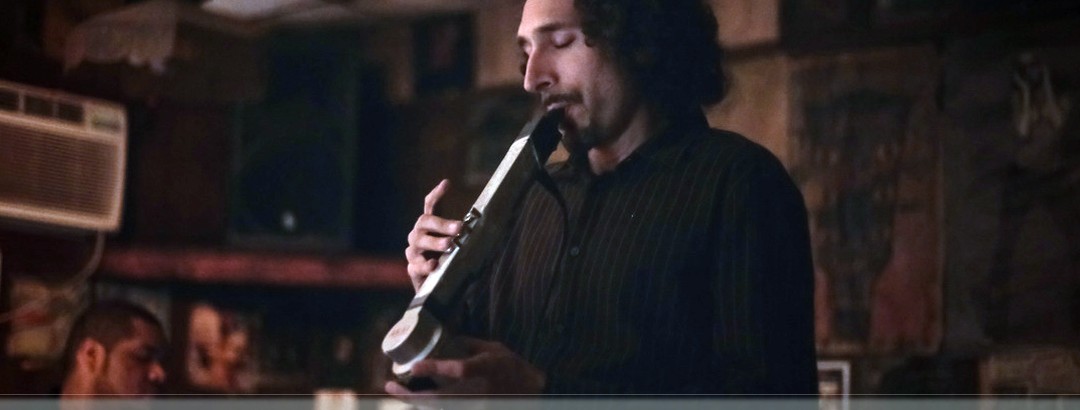
John Daversa
Department Chair of Studio Music and Jazz at the Frost School of Music, University of Miami.
John Daversa is assistant professor of music and chair of the Department of Studio Music and Jazz at the University of Miami Frost School of Music where he also conducts the award-winning Frost Concert Jazz Band.
A versatile and internationally respected performer (trumpet/EVI), composer, arranger, producer, bandleader, educator, and recording artist, Daversa joined the Frost faculty in August 2013. He previously taught at California State University, Northridge (CSUN) and University of Southern California (USC). He is a winner of the Herb Alpert Award, David Joel Miller Award, the National Trumpet Competition, the ITG Jazz Soloist Competition, and was a finalist in the Thelonious Monk International Jazz Competition.
His celebrated and distinctive musical perspective has been a passport to performances on world stages such as The Today Show, Late Nite with David Letterman, The Oprah Winfrey Show, Monterey Jazz Festival, Montreal Jazz Festival, Montreux Festival, and the Playboy Jazz Festival, to name a few. He has also performed or recorded with artists such as Fiona Apple, Burt Bacharach, Michael Bublé, Dori Caymi, Joe Cocker, Andraé Crouch, Sheryl Crow, Dr. Dre, Bob Mintzer Big Band, and The Yellowjackets.
In 1996, he founded the John Daversa Big Band that released its first studio album, Junk Wagon: The Big Band Album in 2011 to critical acclaim, winning Best in Show and Awards of Excellence in Creativity/Originality and Production in The Global Music Awards. His sophomore album for BFM Jazz, Artful Joy, (2012) features Gretchen Parlato and Bob Mintzer.
Daversa earned a Bachelor of Arts degree in Music from The University of California, Los Angeles, a Master of Fine Arts degree in Jazz Studies at California Institute of the Arts, and a Doctor of Musical Arts degree in Jazz Studies at the University of Southern California.
For additional information please visit:
– http://www.johndaversa.com
– http://www.facebook.com
John Daversa Small Band Live At The Blue Whale
The Words of Wisdom of Composer, Producer, Arranger, Conductor, Educator and Jazz Trumpeter Dr. John Daversa
Why did you choose music as your career?
Since I can remember, I have been deeply passionate and moved by music. I think, feel, and hear music from the moment I wake up until I go to sleep; it fuels me. For me, life is too precious a gift to pursue anything else. There is no plan “B”.
Where you classically trained then switched to jazz and commercial music?
Both my parents are musicians. Growing up, classical, jazz, R&B, pop, country—everything was being played in the house. So, I had a wonderfully varied set of influences. I first sang in church, then I played piano (not necessarily jazz or classical—just beginning material). Then I learned to play trumpet in the middle school concert band. I studied classical composition at UCLA and jazz studies for the masters and doctorate (CalArts and USC). To answer the question more directly, I didn’t worry to much what the genre was, I just loved music.
On days when you are not performing or rehearsing how long do you practice for?
I would practice all day long if possible—there are so many things I want to shed!, but unfortunately there are too many other priorities that fill my day. I’m the chair of the Frost School of Music, a teacher, I have to constantly promote my music, I’m a husband, a father—so, I’ve learned to be efficient with my practice. The physical part is just maintenance—keeping the strength and stamina, the rest is mental and spiritual which can be applied to every facet of life.
What do you mostly work on when at home practicing?
Maintenance: strength and stamina. Long tones. I should be playing long tones right now.
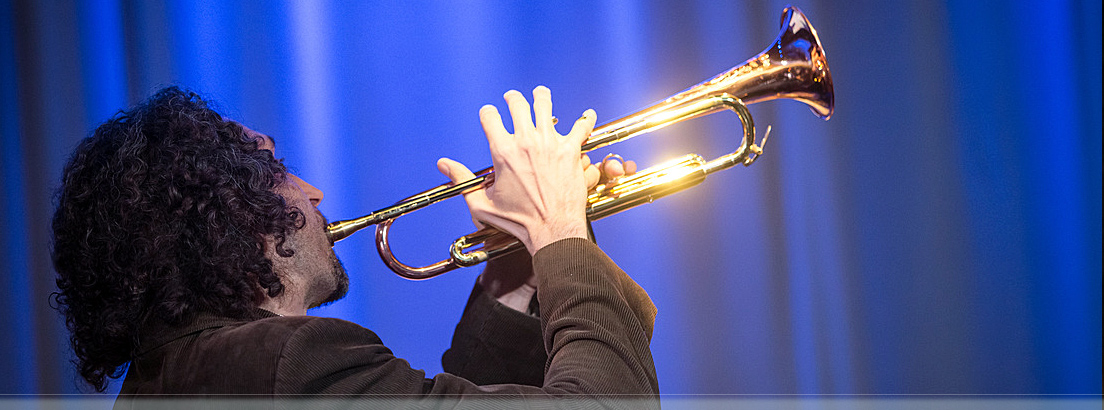
How long where you studying/playing jazz before your solos started sounding cohesive and professional?
I don’t look toward the goal or the amount of time it takes to “arrive”. It’s a constant journey, so enjoy where you are now—be grateful and enjoy the ride!
When you are improvising are you thinking about scales or are you simply playing melodies and ideas that are playing in your head?
For all of us, it is a constant balance of head and heart. Thinking and feeling. Day and night, male and female—it is a world of polarity. To understand short is to understand tall.
When soloing, do you have the chord changes memorized or do you simply have an idea of shapes and colors of the tune?
Yes, there’s a certain amount of understanding that must be internalized regarding cognitive skills—knowing changes, scales, etc. And yes, once those skills are absorbed, it’s merely vocabulary to carry you to new words that have yet to be spoken.
Are you normally not really concerned with the actual chord changes?
There is wonder in every little detail if you choose to find it.
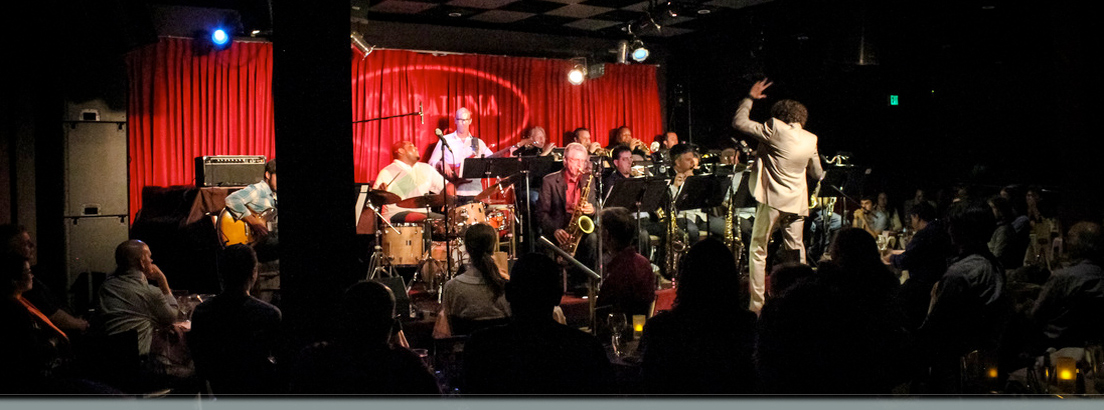
Do you prefer to play with your own band or with other groups?
I enjoy both platforms for different reasons.
Do you approach your playing any different if you are playing with your big band as opposed to as a soloist in somebody else’s group?
I serve the music and attempt to play for whatever the music needs at that moment.
Do you ever run out of ideas when playing a solo?
The universe is abundant. Ideas are infinite. Running out of ideas would be impossible (:
When recording your album, do you go for the first solo or do you do a few takes of the solo until you are happy with the result?
Usually, the first take is the freshest of course. But, I’ll do a few takes to see what other options are there. There’s always a point where you and the band knows the window has closed.
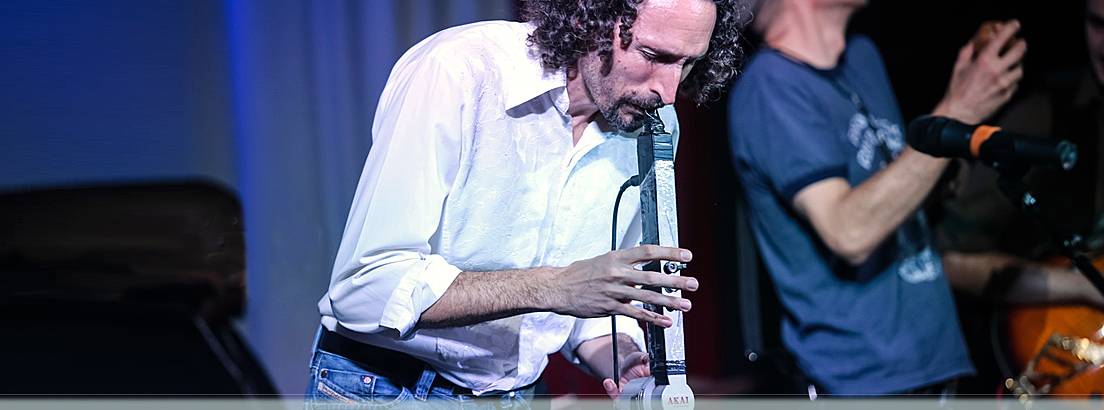
What kind of scales and patterns do you practice?
Everything I can get my hands and head on.
Who do you listen to for inspiration?
I read a lot. Specific recordings go in phases—Stevie Wonder, Miles Davis, Beethoven, Aretha Franklin, Chopin, Oscar Peterson, Sting, The Beatles, Chet Baker, Nancy Wilson, Stravinsky, Earth Wind and Fire, (you know) the list gets bigger and bigger and goes on for miles.
How much time and effort do you put into composing?
As much as I can!
Do you select horns and mouthpieces depending on what the job calls for?
Sure.
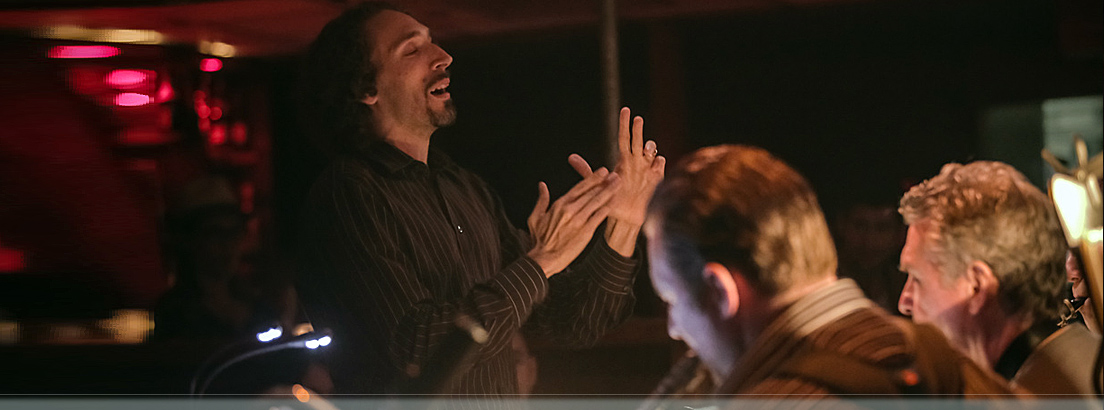
What is your prefer equipment for club dates where you are the soloist?
I play a Schilke Handcraft H2.
Now that you are an established soloist, what is your biggest career challenge?
Expansion.
What do you hope to pass on to music students at Frost School of Music?
Every human being is exquisitely unique, possessing infinite pathways of success. Aim to approach every task and every moment with immense excitement, creativity, joy, humility, integrity, gratitude, without expectation and watch what happens. What you want for yourself, give freely to others. Our musicianship is simply an extension and expression of our level of consciousness.
Best advice you would give to an upcoming player?
Live with Gratitude, Humility, Integrity, with NO EXPECTATION
